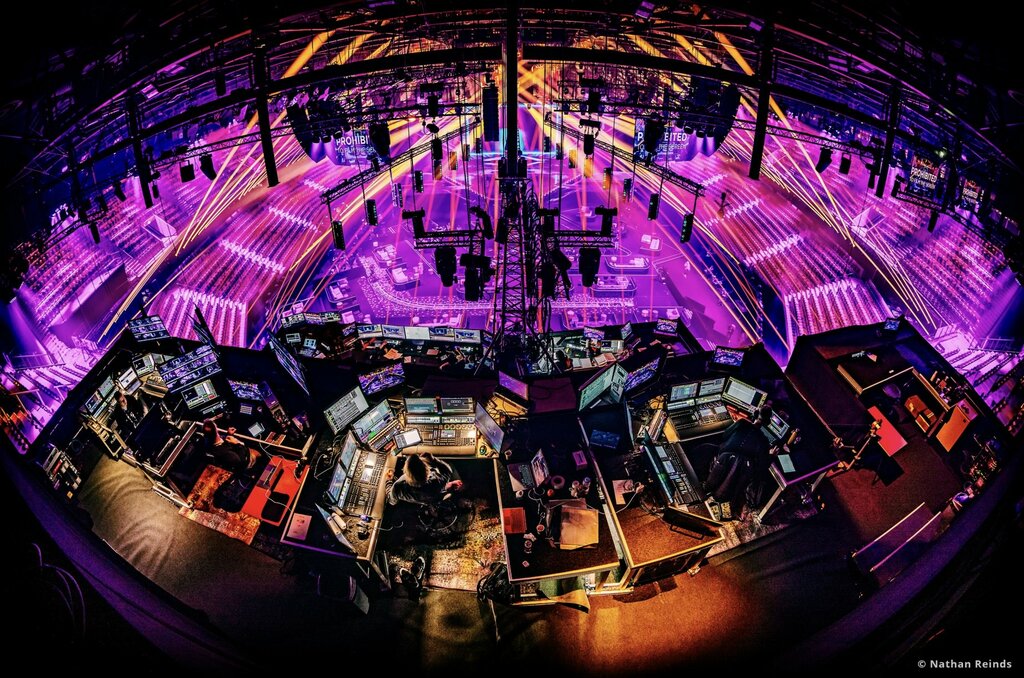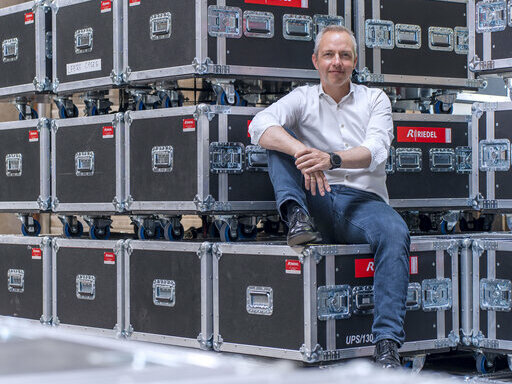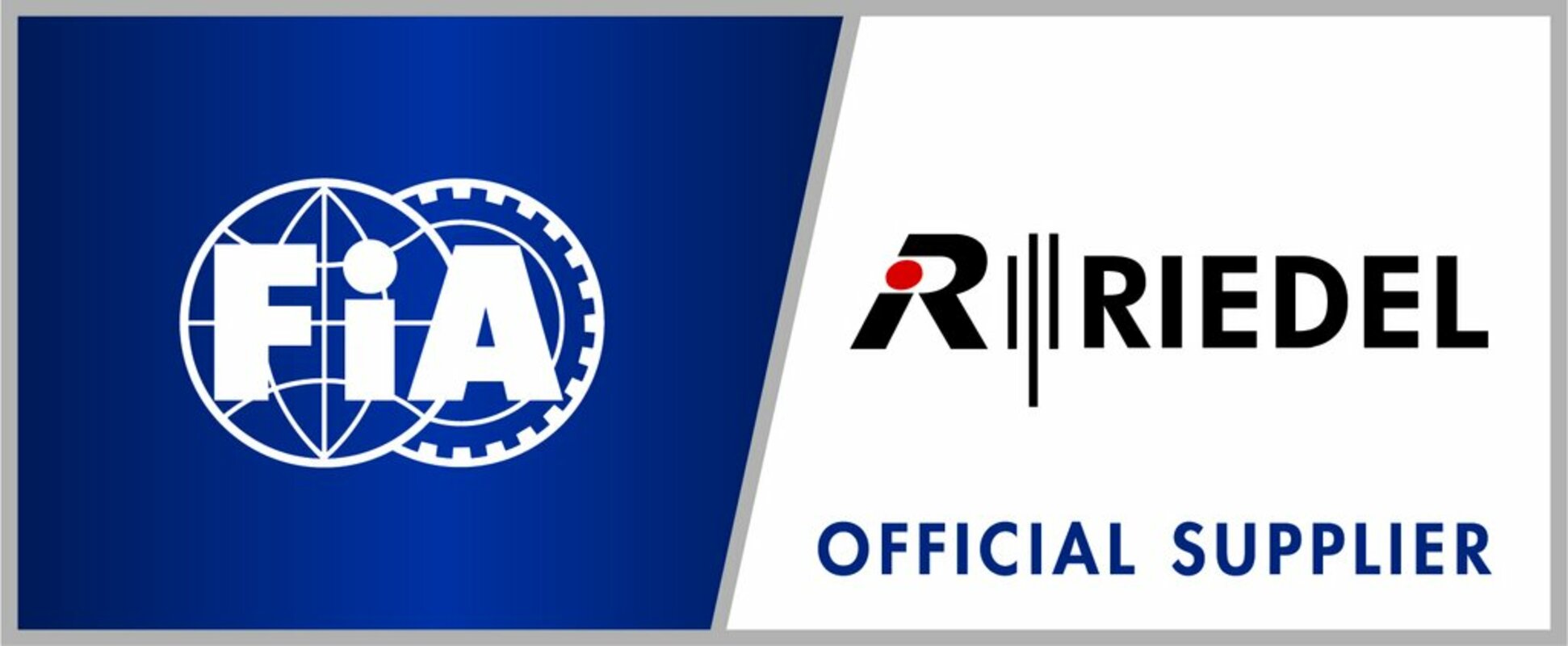The reliable technology partner for your event of any size
For more than 35 years, the world’s leading event productions rely on us for the delivery of ultra-reliable technical infrastructure like Intercom & Radio networks, Audio & Video backbones and IT network infrastructures.
Whether you are planning a fashion show in Milan, a heavy-metal festival in Northern Germany, a global racing series like F1 or want to jump out of space – we are at your side to make sure the show goes on!
Featured Services

At our core, we are a technology-driven company with over 35 years of experience in powering the world’s leading live productions and global competition series worldwide with data, intercom, video, and audio solutions. Our interdisciplinary team of experts advises, plans, coordinates, and operates tailored solutions to ensure successful, sustainable, and innovative event for you!
Motorsport
We help racing teams and organizers succeed with dedicated motorsport solutions, prioritizing clear communication and reliable networks.
Maritime
Since the 36th Americas Cup we are a key partner of several high-profile on-water sports, changing and elevating the sports presentation with technology.
Global Events
From music festivals over political summits to large scale multi sports events, our solutions for Global Events enable you to deliver a successful event.







